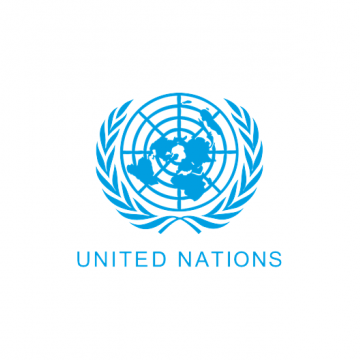The UN Resident and Humanitarian Coordinator in Nigeria, Matthias Schmale, says the food economy in the West Africa and Sahel sub-region is projected to reach 480 billion dollars in 2030.
Schmale said this at the 13th Multidisciplinary Team Meeting of 15 West African countries and Sahel sub-region in Abuja to brainstorm on the way forward to the food and nutrition situation in the region.
The meeting is with the theme “Joining Efforts to Build Resilient Agrifood Systems in West Africa and Sahel”.
He said the expected growth would be attributed to systemic approach undertaken by the Food and Agriculture Organisation (FAO) of UN in securing the development gains in the fight against hunger, poverty and for progressing on the delivery of other Sustainable Development Goals (SDGs) .
According to him, the West Africa’s agrifood system faces continuing challenges a declining natural resource base, recurrent natural and human-caused disasters, climate change, and rising insecurity.
He, however, appealed to West African countries to seize the opportunities to build resilient agri-food systems in the region and align with FAO strategic framework to address structural policy constraints.
Schmale noted that these significant trends would provide great prospects for the West African food system to increase production, value addition, job creation, and food security.
FAO representative in Nigeria and to the Economic Community of West African States (ECOWAS), Fred Kafeero, said FAO emphasised on the area of data and analytics for generation of evidence to guide responsible investments and partnerships for food systems transformation.
“We are glad our partners from ECOWAS are joining us to advance food security and nutrition in West Africa and to contribute to knowledge sharing regarding challenges, threats, and opportunities to move agri-food systems in the region towards sustainability.
Minister of Agriculture and Rural Development (FMARD) Dr Mohammad Mahmood Abubakar assured of government willingness to partner with FAO and other development partners in driving for a resilient agrifood systems in the country in particular and in West Africa and Sahel in general.
The three days meeting expected over 200 delegates from the ECOWAS member states including senior officials, ministers and commissioners of agriculture, FAO staff, regional technical organisations, Civil
Society among others to participate.




